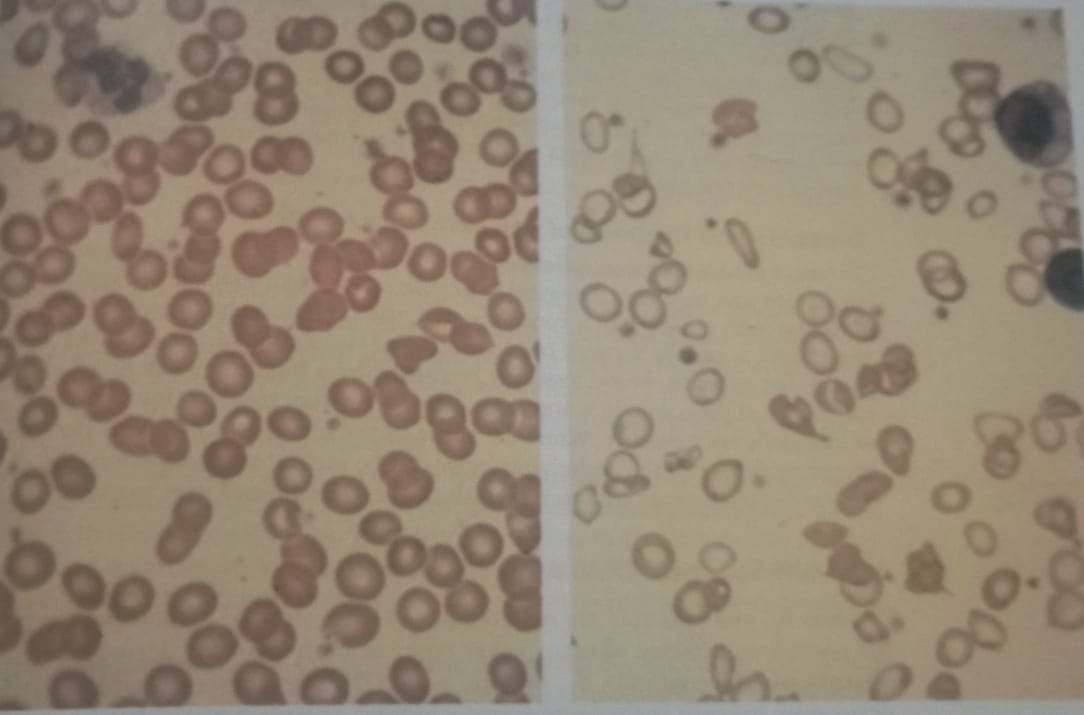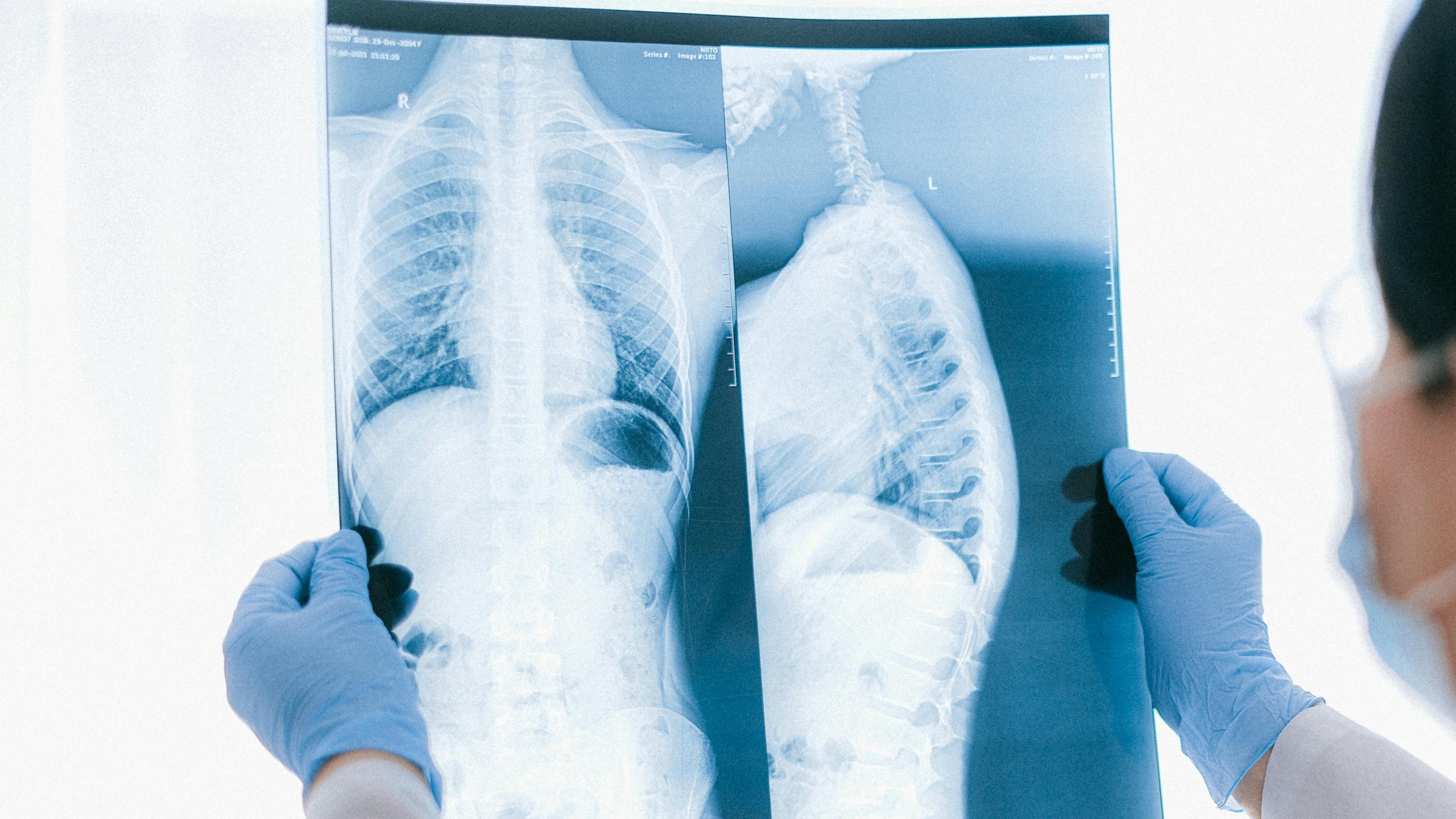Symptoms of Anemia in Infants: A Parent’s Guide to Understanding Your Baby’s Health
As a parent, you are constantly tuned into your baby’s every move—those sweet coos, the way their little eyes light up when they see you, and how they fall asleep in your arms. But sometimes, even though everything may seem fine on the surface, there can be underlying health concerns that we might not notice right away. One such condition is anemia, a situation where the body doesn’t have enough healthy red blood cells to carry oxygen to the tissues. It’s natural to want to protect your little one from anything that might cause harm, but how do you know if something is wrong when your baby can’t tell you what they’re feeling? The symptoms of anemia in infants are often subtle, but paying close attention to changes in your baby’s behavior, appearance, or appetite can give you the clues you need.
Let’s know about the symptoms of anemia, how you can recognize the symptoms of anemia in infants, what causes it, and how you can help your little one feel better.
Anemia in Infants
Anemia occurs when there aren’t enough red blood cells or hemoglobin (the protein in red blood cells that carries oxygen) in the body. Babies need enough red blood cells to deliver oxygen to their growing bodies. When this oxygen supply is lowered, it can lead to weakness, fatigue, and other symptoms that may be a threat for infants..
For infants, anemia is most often caused by iron deficiency, which occurs when they aren’t getting enough iron to produce those essential red blood cells. But also in other causes, like prematurity or genetic conditions, can also lead to anemia.
Symptoms of Anemia in Infants
You might be wondering, “How can I know if my baby has anemia?” The symptoms of anemia in infants can be subtle, and they often appear slowly. It’s not always easy to spot right away, but here are some signs to watch for:
1. Pale Skin and Lips
One of the first signs of anemia in babies is a noticeable paleness. You may notice that your baby’s skin is lighter than usual or their lips have a more washed-out appearance. Check inside their eyelids or around the gums for any paleness as well. If these areas look unusually light, it could be a sign of anemia.
2. Lack of Energy and Unusual Fatigue
Every parent knows that babies are naturally full of energy, bouncing around and exploring their world. But if your baby seems unusually tired or disinterested in playtime, this could be one of the symptoms of anemia in infants. Your baby might not be as alert or active as usual, and you might notice they sleep more often or seem to struggle with staying awake.
3. Fussiness and Irritability
If your baby is more fussy or upset than usual, it can be a sign that something is wrong. Anemia can cause discomfort or tiredness which may make babies more irritable. If nothing seems to soothe them, or if they’re crying more than usual, it could be a symptom worth investigating.
4. Poor Feeding or Appetite
Anemia can affect your baby’s weight, making them less interested in feeding. You may notice they’re nursing or bottle-feeding for shorter periods or that they seem disinterested in food altogether. This can take a long duration of time to gain weight, so keep an eye on their feeding habits.
5. Delayed Milestones
Anemia can sometimes slow your baby’s development. If your little one isn’t reaching milestones like sitting up, crawling, or babbling on time, it could be linked to anemia. This is why regular check ups with your pediatrician are so important because they can help monitor your baby’s growth and development.
6. Rapid Breathing or Fast Heartbeat
If your baby is experiencing severe anemia, they might try to compensate by breathing faster or having an increased heart rate. If you notice your baby’s heart seems to be racing or they’re breathing quickly even while at rest, it’s important to seek medical advice as this could indicate a lack of oxygen in their system.
7. Cold Hands and Feet
Anemia can cause your baby’s hands and feet to feel cooler than normal, even if the rest of their body is warm. If you’ve noticed that your baby’s extremities are consistently cold, it could be a sign that their circulation is affected due to anemia.
8. Frequent Illnesses
Because anemia weakens the immune system, babies with anemia may get sick more often than usual. If your little one seems to be catching colds or infections frequently, it’s worth considering whether anemia might be the underlying cause.
Causes of Anemia in Infants
Some common causes of anemia in infants include:
- Iron Deficiency: The most common cause of anemia in babies, often linked to an insufficient intake of iron-rich foods once they start eating solids.
- Prematurity: Babies born prematurely may not have built up enough iron stores from the mother before birth.
- Blood Loss: Rarely, anemia can be caused by internal bleeding, often due to conditions like ulcers or infections.
- Genetic Conditions: Conditions like sickle cell anemia or thalassemia can cause anemia. These are inherited from parents and can sometimes be identified through blood tests.
Reassignment
If you notice any of the symptoms of anemia in infants mentioned above, it’s important to consult your pediatrician. They can do a simple blood test to check for anemia and help you understand what’s going on with your baby’s health.
Remember anemia is treatable, especially when caught early. If a baby is diagnosed with anemia, The pediatrician will guide you for the next steps.
Treatment of Anemia in infant
Treatment for anemia depends on the underlying cause. Here’s how your pediatrician may help:
- Dietary Changes: If anemia is caused by iron deficiency, your doctor may recommend introducing iron-rich foods into your baby’s diet, like pureed meats, iron-fortified cereals, and leafy green vegetables. You can also pair iron rich foods with vitamin C to help the baby to absorb iron better.
- Iron Supplements: In more severe cases, your pediatrician may prescribe iron drops to help your baby get back to healthy iron levels. These supplements are safe and effective, but it’s important to follow the recommended dosage.
- Monitoring and Follow-up Care: Once your baby starts treatment, follow-up visits will be important to ensure their iron levels are improving and that they’re on track with their growth and development.
Preventing Anemia in Infants
Some causes of anemia may not be preventable so, there are steps you can take to reduce the risk of your baby developing it:
- Breastfeeding: Breast milk, the best source of nutrition for the baby in the first few months, and it provides essential nutrients like iron.
- Iron-Fortified Formula: If you’re formula-feeding, choose iron fortified formula to help prevent iron deficiency.
- Timely Introduction of Solids: When your baby is ready for solids around six months of age, ensure they’re eating iron-rich foods.
- Monitor Growth and Development: Regular pediatric check-ups will help catch any early signs of anemia and ensure your baby is growing well.
A Final Thought: You Know Your Baby Best
As a parent, you are your baby’s greatest advocate. If you notice any symptoms of anemia in infants, trust your instincts and reach out to your pediatrician. Early intervention can make a big difference and avoid many consequences for you as well as for your baby.


